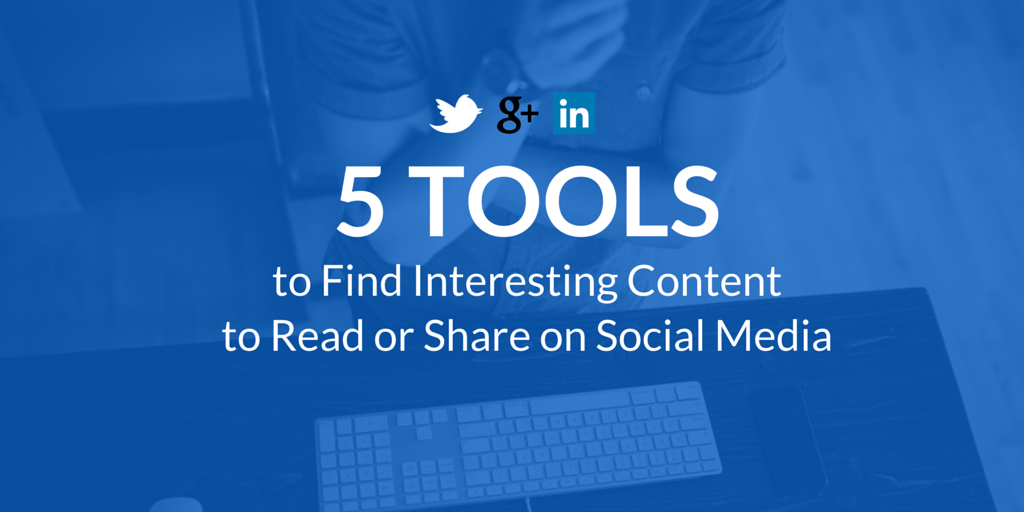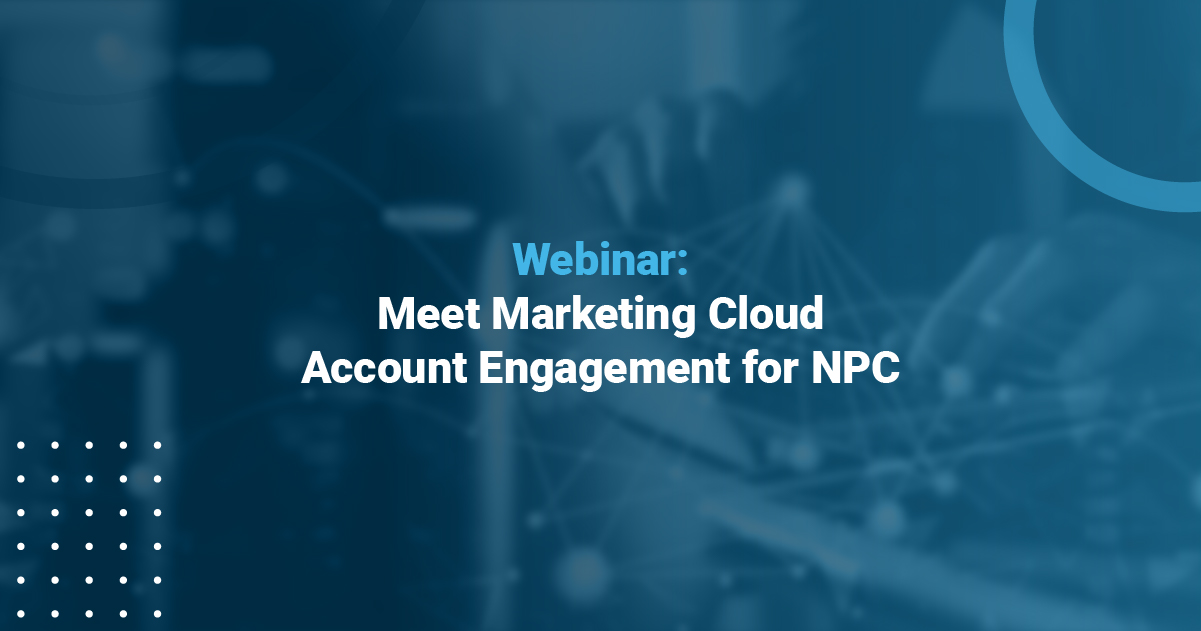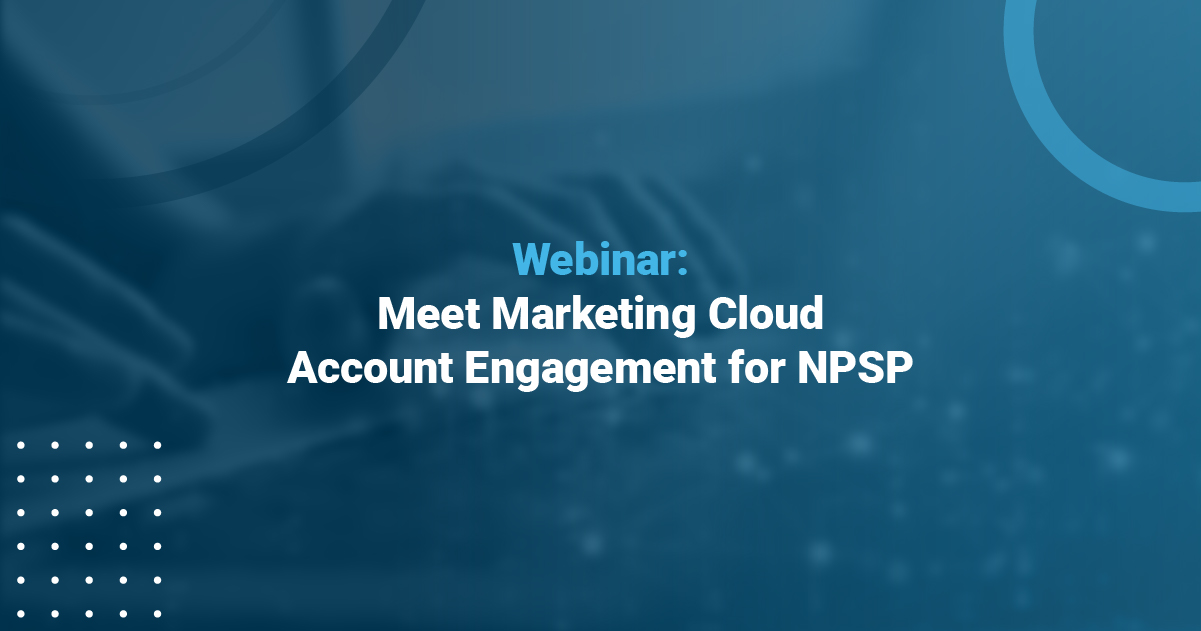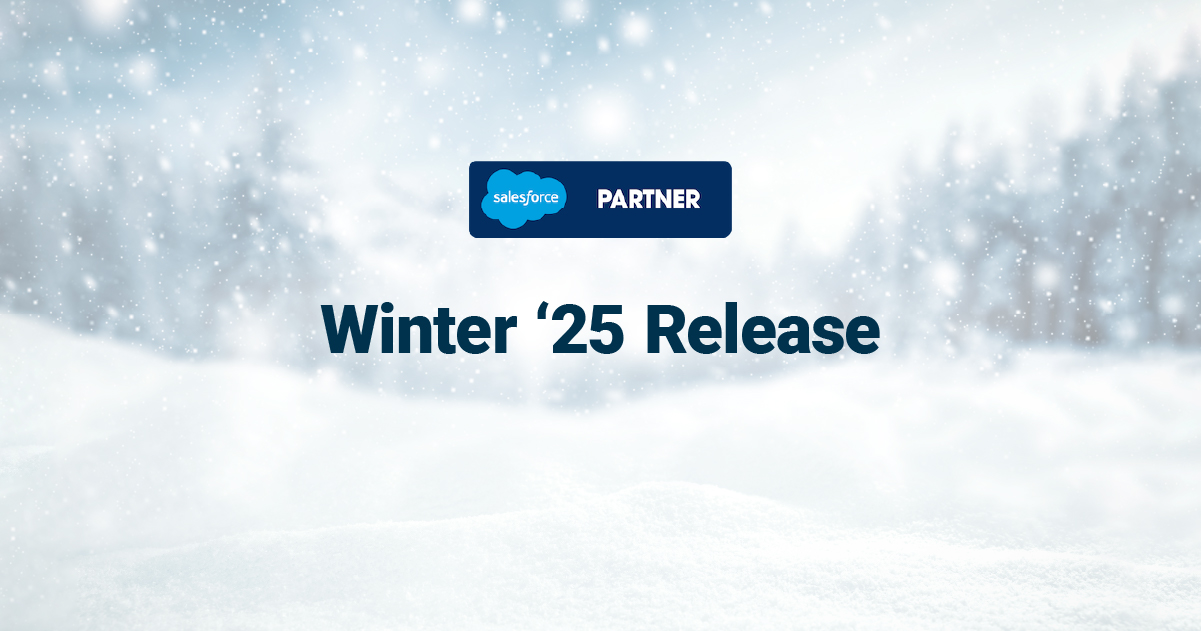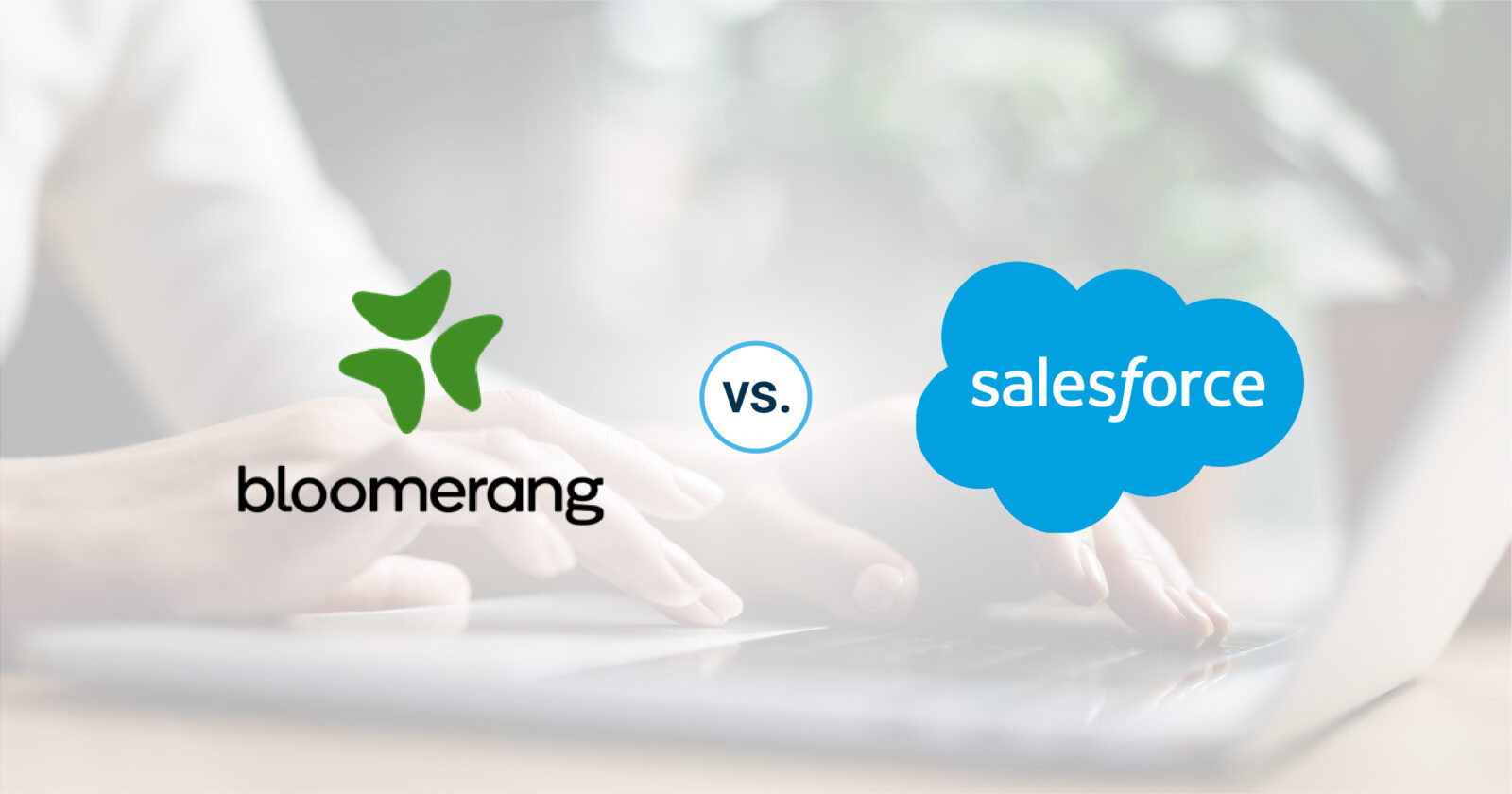4 Instances Where SEO Is Not Always the Answer
You’ve got a product. You’ve got a strategy. You’ve got a website. Now you just need to fine-tune that baby up to page one on Google, and the trucks filled with money will be pulling up in the parking lot, right? I’m going to be walking a very thin line here, after all a portion of what I do involves performing SEO analysis and making recommendations for clients, and I am about to explain about why, in some cases, your time and money may be better spent elsewhere.
Your Audience Isn’t Looking For You
As with any marketing campaign, one of the first things you need to address is, “Where are the people I’m trying to reach?” One of several web sites that I maintain for fun is a little blog, podcast, and web community dedicated to the music scene here in Indianapolis. After a year or so of constant tweaking, I managed to promote it up to the #1 search result returned by Google under “Indianapolis Music Blog” and “Indianapolis Music Podcast.” Did traffic to my site and ratings for my podcast go up in proportion to this? Technically, yes. As I learned, however, the serious independent music enthusiasts overwhelmingly rely on established specialty sites like Reverbnation, Bandcamp, and Facebook for the type of content my site provides. Being content with that behavior, my target audience wasn’t even using search engines and weren’t looking for me. So, while SEO had more than tripled my unique visitors, it had also multiplied my bounce rate (percentage of visitors who view only one page and leave without engaging) ten-fold. It turns out, the bulk of the visitors from search engines were general enthusiasts and newbies who weren’t really interested in the deep content the site provides. In the end, I got much better results from taking a few minutes, setting up a Facebook and Reverbnation account, and directing traffic to my site from there.
You’re Attracting the Wrong Audience
In addition to not getting the attention of the audience I was actively seeking out, my efforts also had the unfortunate side effect of attracting the wrong audience to my site. Despite the fact that I blog exclusively about local bands, shows, and venues, within minutes of each post the comments section was filling up with unrelated solicitations from every band and fly-by-night music promotion company on the continent — blatantly planting quick SEO-boosting links backs to their own sites on my reputable domain. Very quickly, moderation of the comments and forum was taking away from the limited time I had to create quality content, but had to be done for fear of penalizing me in my search rankings or putting off my quality users with a low signal to noise ratio. As a guideline, always keep an eye on your conversion rate (percentage of visitors who follow your calls to action or otherwise engage your company on-line or off-line) and make sure that it stays relatively in line with your increase in traffic. A significant drop could mean you need to fine-tune your keywords, or at least invest in some good-quality spam filtering.
Your Message Isn’t Ready
In many ways, getting yourself on the front page of search results is like painting a bull’s-eye on your chest and inviting the world at large to nock their arrows. Remember, the majority of visitors to your site from search engines will be first-time visitors, so the experience you give them is the most crucial factor in whether or not they’ll become customers. Do you have sufficient content? Is your message clear? Are your calls to action clearly defined? Do your pages load fast enough? Have you removed all of the typos? In the event that your sales do increase, is your product ready for prime-time? Are you prepared to fill orders? Are you adequately staffed to handle sudden jumps in workload? In today’s highly-social world, one or two bad customer experiences out of the gate can ruin even the best businesses. Would you patron a new restaurant with only two Yelp reviews, both of which were uncomplimentary? Finally, while it seems unintuitive, one common mistake I frequently see are companies that, hoping to have as much keyword-rich content as possible, actually put too much information on their website. Web sites that are too thorough can often be daunting or confusing for visitors, or worse give them everything they need to take to your competitors for a comparative quote, giving you no opportunity to personally engage them. Content should always be written to your audience and business strategy first and foremost, with SEO as a secondary concern.
You’re Relying on SEO Alone
So you’ve managed to avoid the first three pitfalls. You’ve identified your audience, sequestered the noise, prepared your business, and perfectly tuned your site with all of the relevant keywords and inbound links. Traffic is flowing and it’s finally time to sit back and wait for those aforementioned trucks, right? Remember, the ultimate goal of search engine companies is to reward the sites with the best content; not necessarily the sites who are the best at SEO. To that end, they have a history of improving their service by changing the rules suddenly and without warning. In 2011, Google introduced its Panda algorithm, which de-emphasized meta tags, keywords, and inbound links (long the staples of SEO) in favor of content and user experience. The result was an overnight shift as many of the Internet’s top web sites suddenly fell off of page one to be replaced by formerly-obscure, constantly-updated news and blog sites. I actually worked for one company who went from being in ComScore’s Top 50 most-popular websites to dropping off the Hot 100 list altogether, losing a large amount of their traffic (and revenue) literally overnight due to Google’s simple change in focus. The Penguin algorithm followed Panda a year later and specifically penalized sites that placed SEO and advertising over content. Now, a growing number of SEO experts believe that Google’s newest update will focus on author reputation (how often you post, where else you post to, and how people receive and respond the content you create). If your focus has been entirely on SEO up to this point – neglecting engaging content and social networking in favor of keywords and inbound links — it’s quite possible your entire investment has been a waste of time and money.






